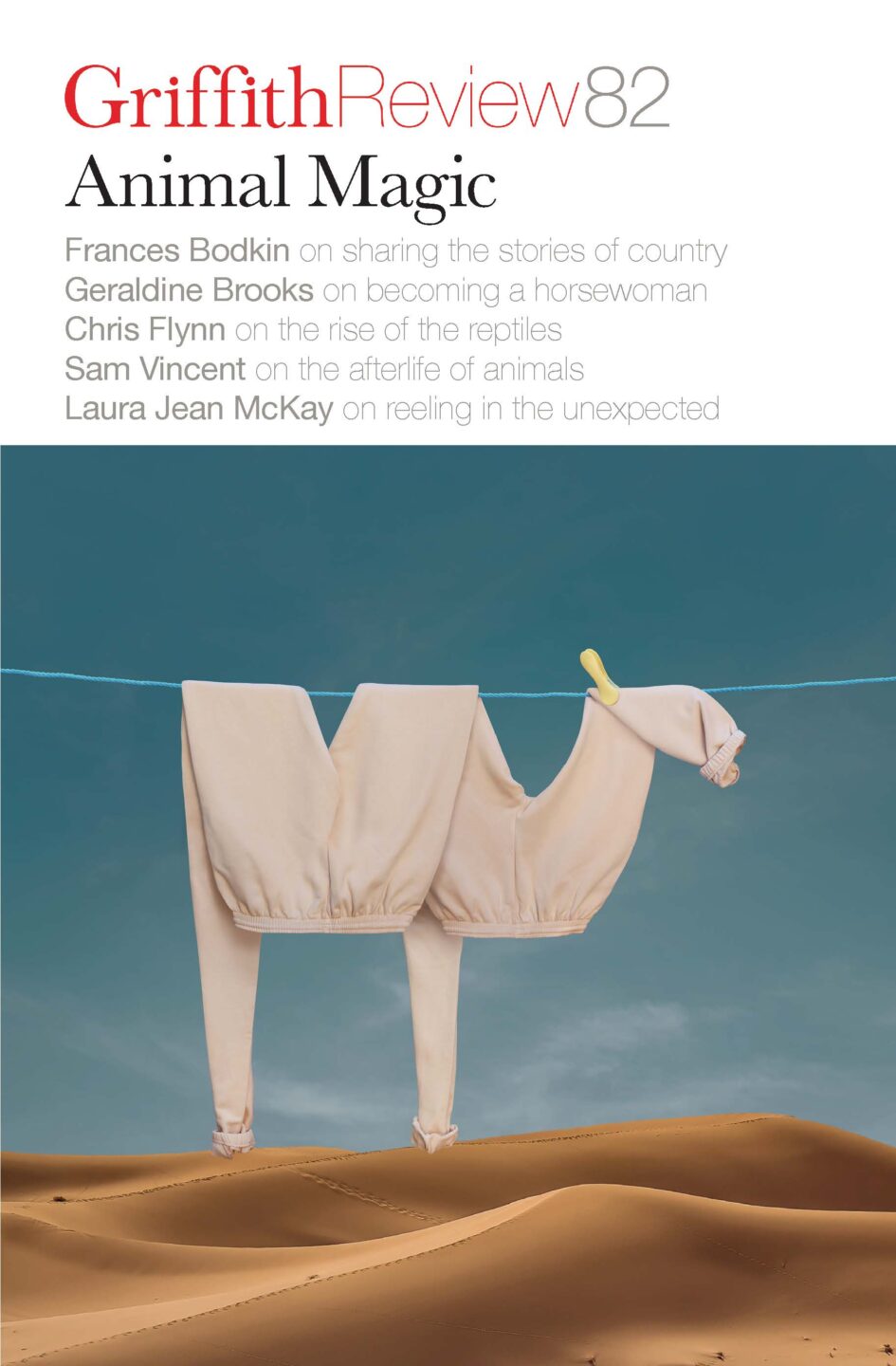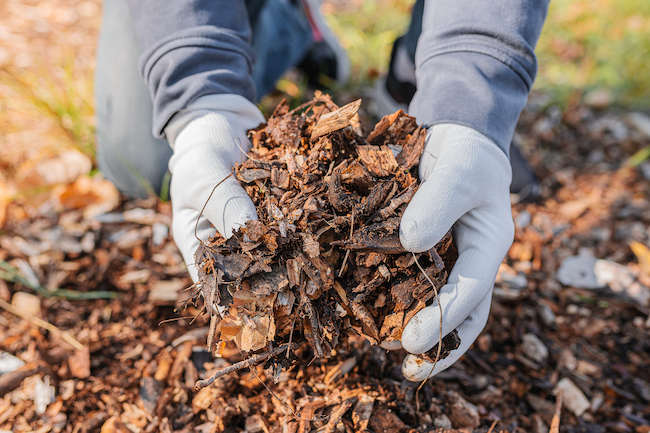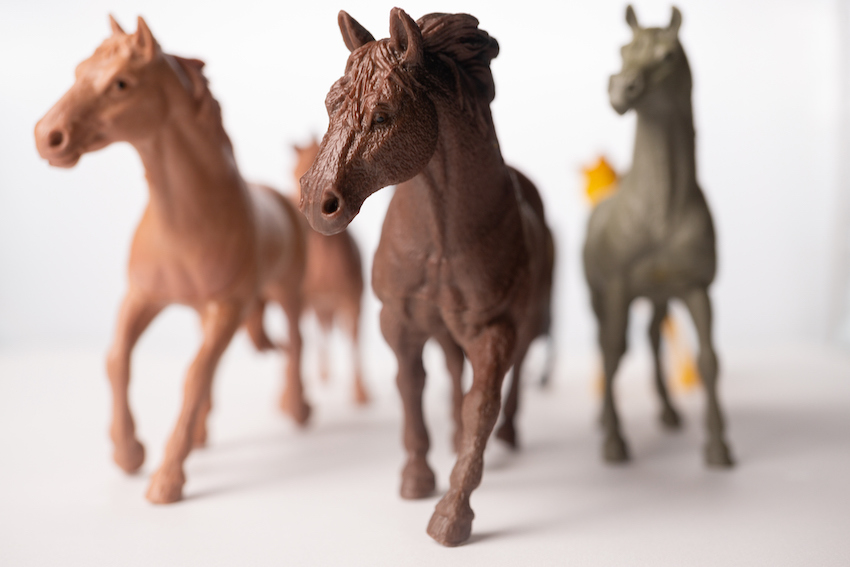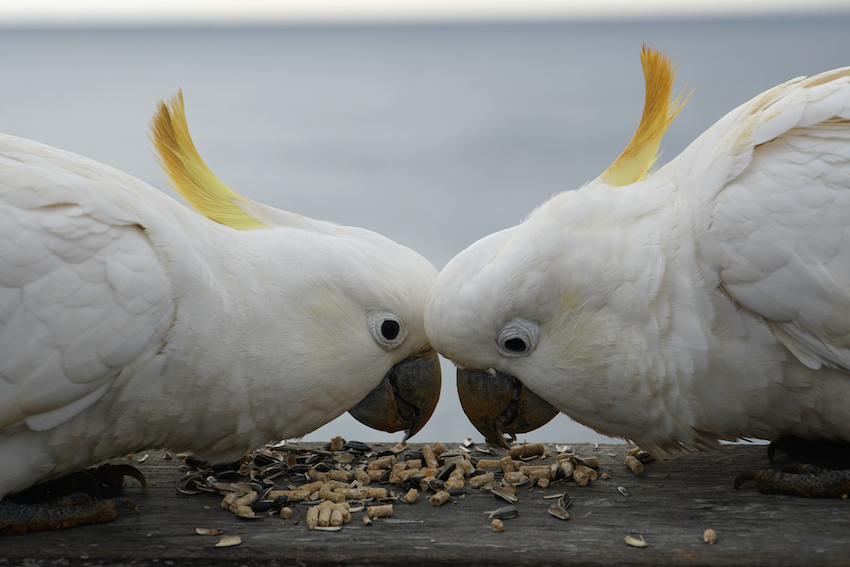Featured in

- Published 20231107
- ISBN: 978-1-922212-89-4
- Extent: 208pp
- Paperback, ePub, PDF, Kindle compatible


Already a subscriber? Sign in here
If you are an educator or student wishing to access content for study purposes please contact us at griffithreview@griffith.edu.au
Share article
More from author

Peasant dreaming
MemoirI’m currently doing a course on holistic farming near the southern New South Wales town of Braidwood. I had expected it to be full of ruddy-cheeked cattlemen in their forties and fifties; instead it is mostly people like me, tertiary-educated thirtysomethings who want to grow their own food to nourish their vocations. We are writers, a ceramicist and a filmmaker; a market gardener with a background in conservation; the manager of a local farmers’ market and her partner, who feeds his chooks on maggots from roadkill kangaroos.
More from this edition

Taking the reins
Non-fictionThat’s when it started, I think. That evening at home I cantered on an imaginary horse along the lawn towards our back paddock, reciting over and over the lines I could remember. An unusual initiation, maybe, but it was ‘The Man from Snowy River’ that set a bespectacled, bookish ten-year-old on course to becoming a ‘horse girl’.

When the birds scream
Non-fictionI read books in which girls like me made friends with cockatoos and galahs, and my mum told me stories about my pop in Queensland who could teach any bird to speak and to whistle his favourite country songs. My favourite story was the one about the bird who used to sit on his shoulder while he drove trucks for work.

A perfectly ordinary dachshund observes the problem of being
Poetry Breathing your small inauspicious body almost into incomprehension, supine and crouched, lost to the world, or to that portion only dachshund speech describes, your propulsive unyielding deeds...